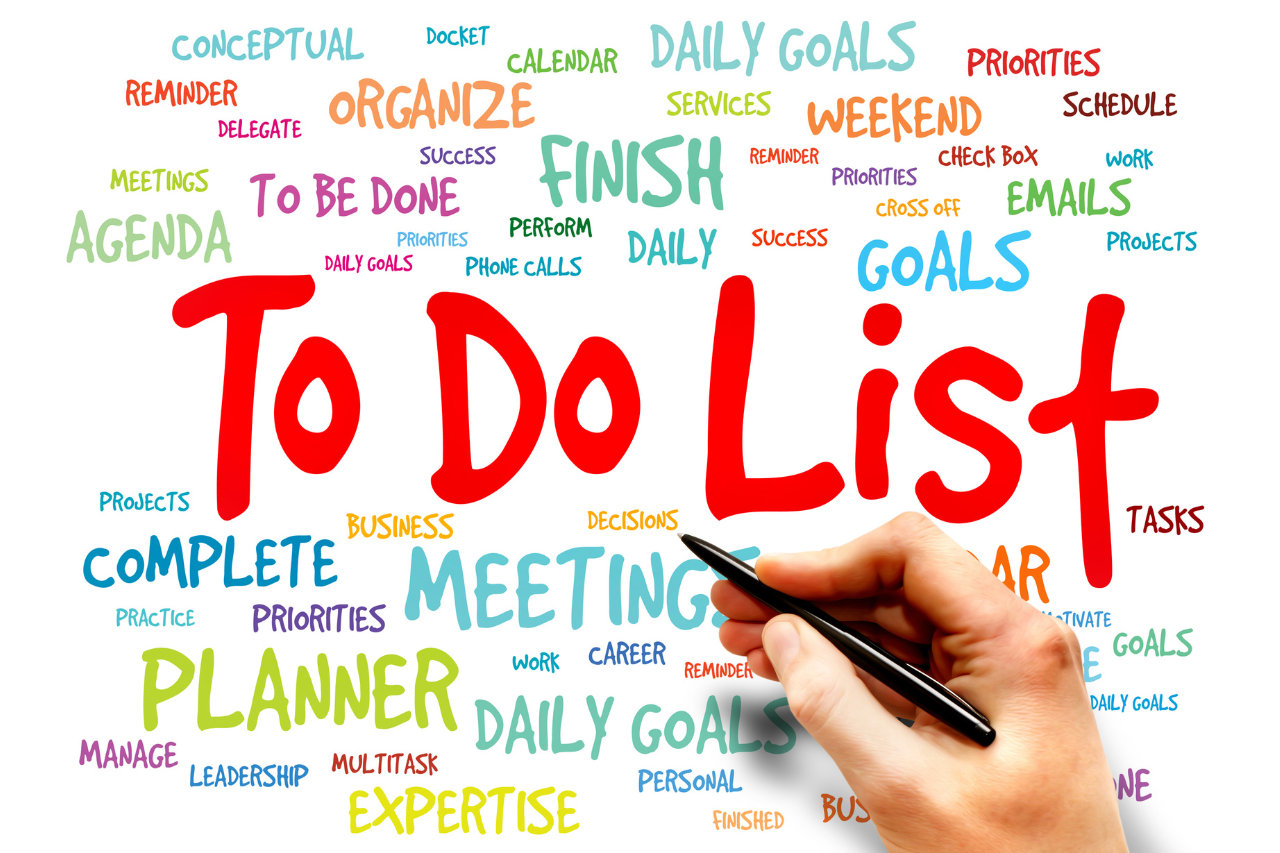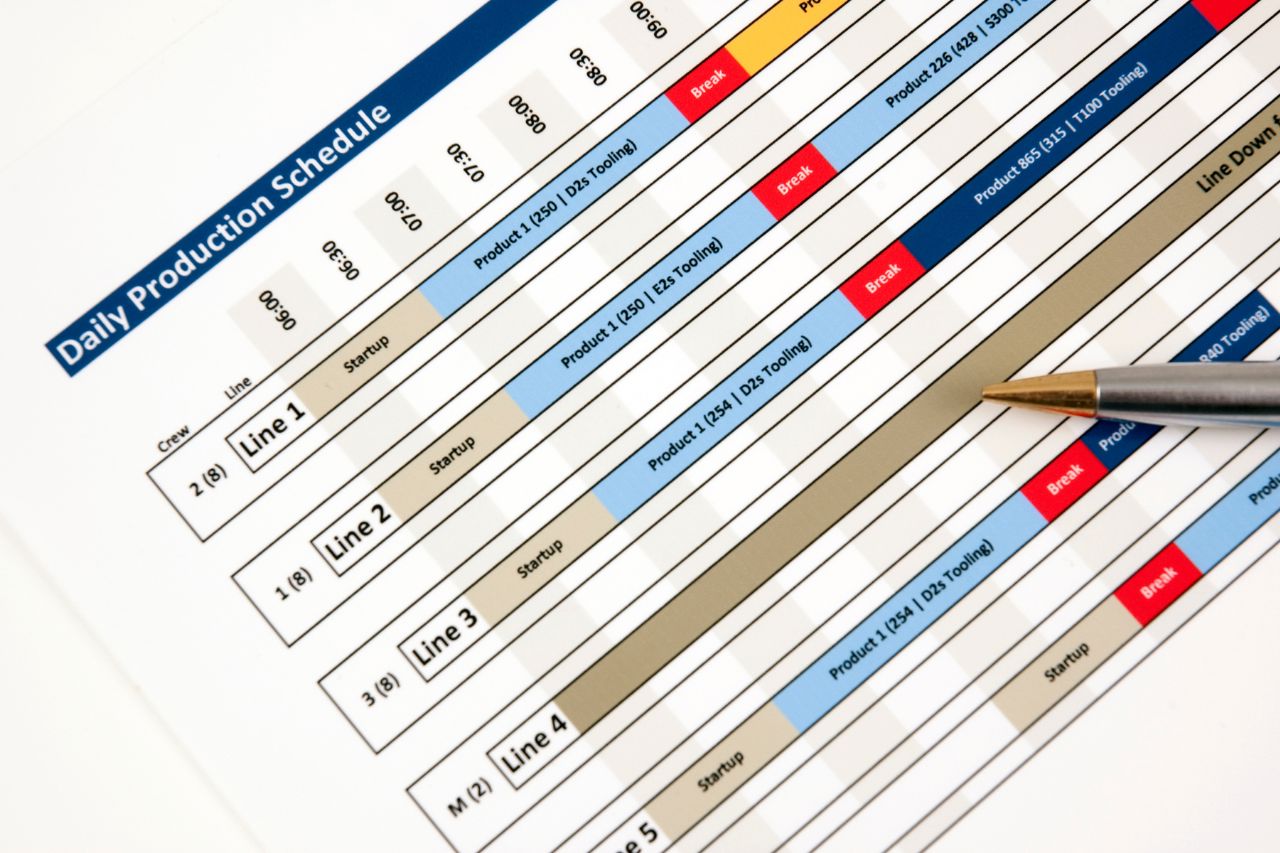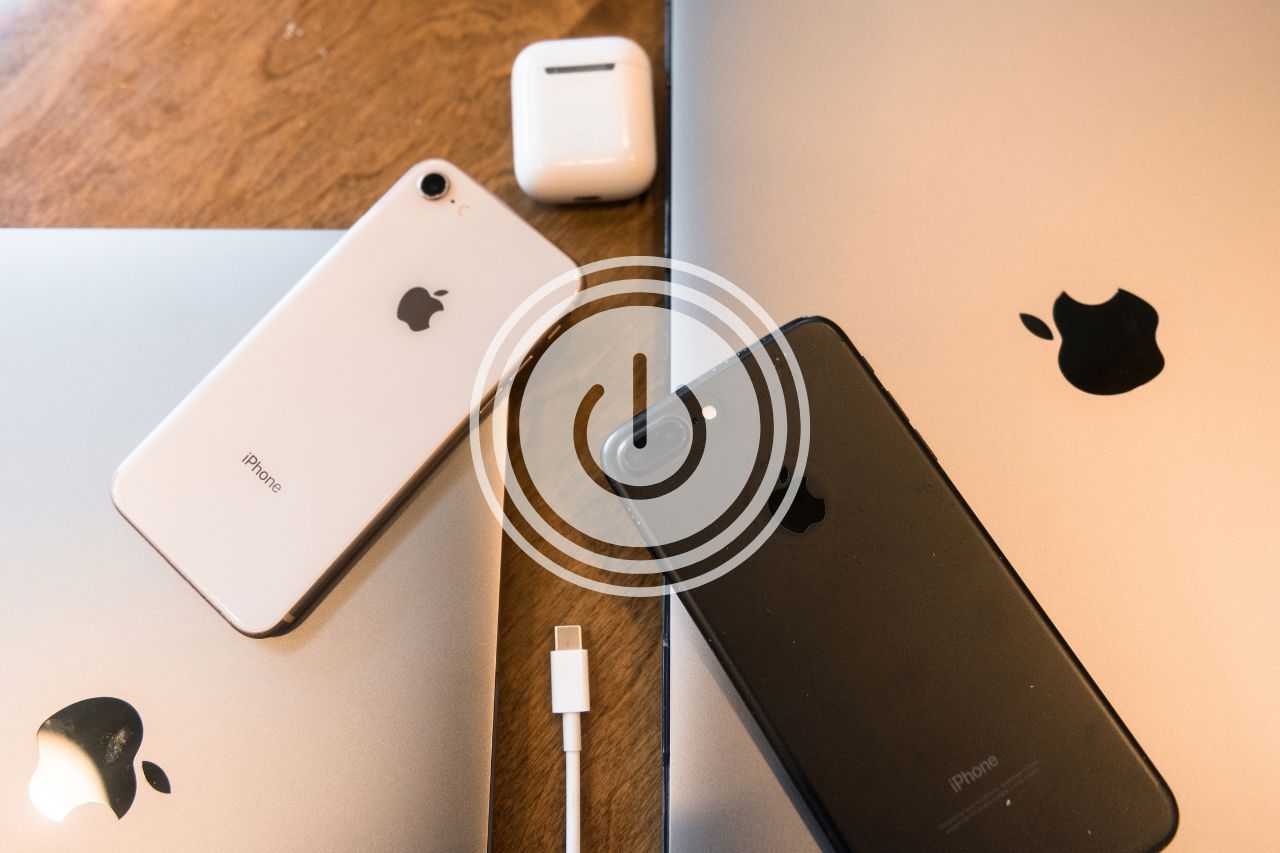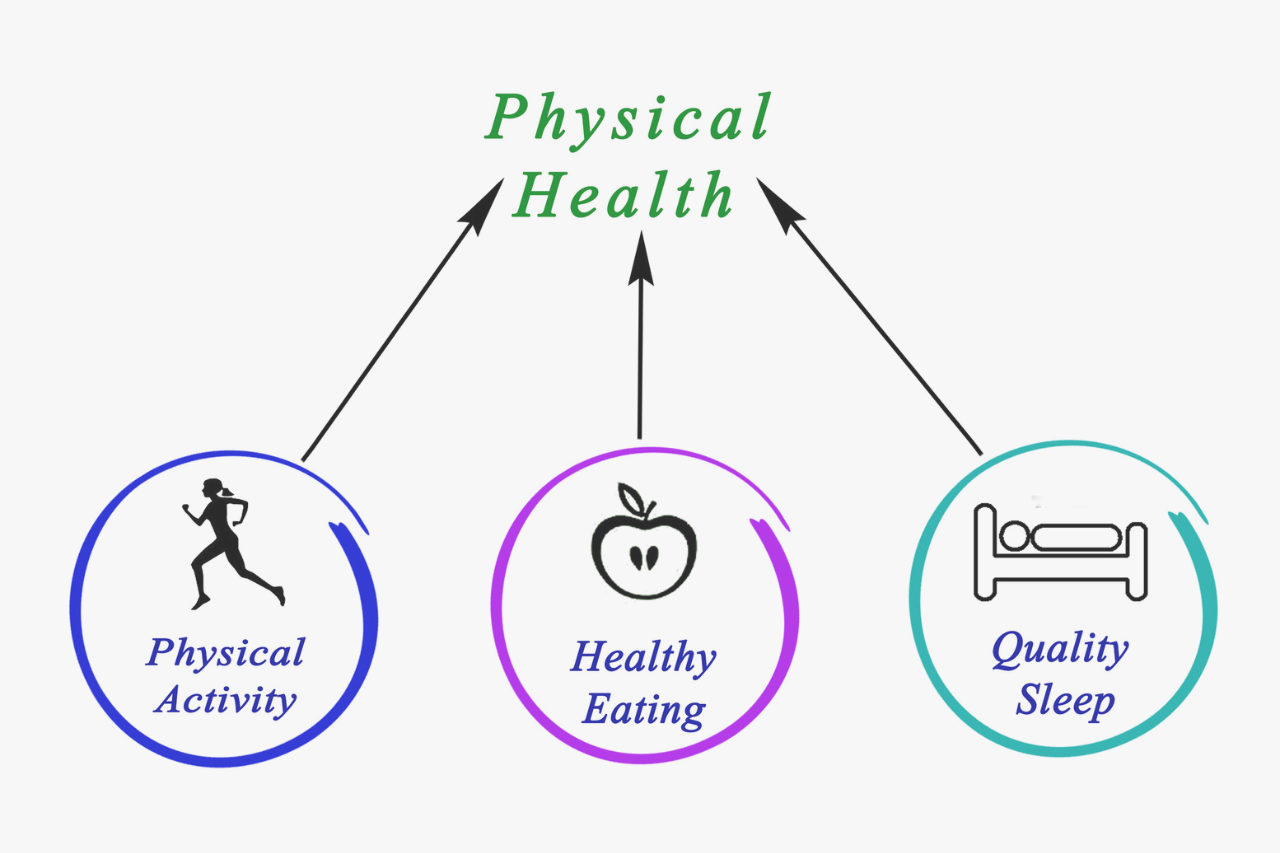With the hectic pace of modern life, finding time to get your work done can be challenging. But with a little effort and implementation of simple ways to become productive, you can increase work productivity and get more work done in less time.
Like most people, you probably feel like you’re constantly struggling to find time to get work done. But there are many simple ways to become more productive at work, and they don’t involve spending hours in front of your computer screen.
If you are looking for ways to tighten your work schedule and make more work progress, you’re in luck! In this article, we’ll share tips to help you become more productive at your desk.
Whether you’re an employee working full-time at home or the office, an entrepreneur trying to stay afloat during tough times, or just someone who wants to feel more organized and efficient in their everyday life, these tips will help you achieve your goals. So let’s check out these helpful tips!
10 Simple Ways To Become More Productive at Work
1: Set Goals

Start by setting realistic goals. Don’t try to do too much at once or you’ll feel overwhelmed and stressed out. Instead, break your goals down into smaller, more manageable steps.
Moreover, create a work schedule that fits your lifestyle and priorities. Make sure to take time out for rest, so you don’t burn out. Use the tools and resources available to help you be more productive.
It’s also essential to take short breaks throughout the day to recharge your batteries. This will help you stay energized and focused as you work.
If you feel burned out or stuck, take a step back and reassess your goals. If the goals feel too much at that time, alter them according to your comfort and mental strength, then come up with another plan of action that will get you closer to goal accomplishing.
2: Take Breaks

If you’re feeling overwhelmed at work time and find it hard to get your productivity levels up, there are simple and effective ways to help you.
One of them is taking regular breaks between working hours. Studies have shown that taking regular breaks helps us focus and be a more productive day overall.
For example, taking a five-minute break every hour or so can help clear your head and give you the energy you need to continue working.
Another strategy is to set boundaries on your working duration. For example, when you feel burdened, limit how much work you’ll do in a given period.
This way, you won’t feel like you have to keep going even if you don’t feel productive. Finally, it’s important to distract yourself with something that makes you happy.
In between working hours, listening to a song that you love, going for a short walk, coloring, watering some plants, or anything that relaxes you and makes you happy would suffice to distract you.
3: Create To-Do Lists

If you are wondering how to increase your work productivity, then you might start by making a to-do list. When trying to get more work done, creating a to do list is helpful.
This will help you stay organized and prioritize your tasks. Here are some simple tips for creating effective to-do lists.
- Make sure your to-do list is easy to access. Keep it close so you can quickly check off items as you complete them.
- Many journals are very convenient to use, with specific sections for adding details to your work.
- Include specific details about each task on your list. This will help you remember what needs to be done and make tracking progress easier.
- Prioritize your tasks according to their importance. Sometimes it’s best to start with the essential tasks and work your way down the list.
- Other times it’s helpful to start with tasks that are easier for you so you won’t feel stressed out just minutes after starting working. More manageable tasks will create an easy flow for you; then, you can easily conquer the complex tasks.
- Set deadlines for yourself and stick to them! If a task isn’t completed within a set amount of time,
- consider moving it higher on the list or finding a new task you can complete sooner. It’ll be much easier and more productive if you don’t procrastinate!
4: Set up a Daily Review
 Daily reviewing of your productivity can help you identify your weaknesses and strengths in regard to your work ethic. You can follow these tips to review your productivity daily:
Daily reviewing of your productivity can help you identify your weaknesses and strengths in regard to your work ethic. You can follow these tips to review your productivity daily:
Start your day by reviewing your to-do list for the day. This will help you prioritize your tasks and ensure you are completing your work. Make a schedule for yourself and stick to it.
This will help you to stay on track and avoid distractions. Set mini goals for yourself each day and accomplish as many as possible. This will help you to feel accomplished and motivated throughout the day.
Use tools like GTD(Getting Things Done), Pomodoro timers, and planners to help you remain productive throughout the day. These tools will help you set boundaries and stick to deadlines, which will help you achieve more in less time.
5: Learn Time Management

You can do a few simple things to become more productive at work. One of the most important steps is to develop a time management system.
This will help you better organize your day and ensure you get the most out of each hour.
Another key element to productivity has good working habits. Make sure you get up early, break work into manageable chunks, and stick to a schedule.
Avoid distractions at all costs, and keep your workspace clean and organized.
Finally, be patient with yourself. If you are working on a complex project, don’t expect to finish it overnight. Instead, take your time and ensure the result is worth the effort.
6: Choose Your Environment Wisely

You can do a few simple things to increase your productivity at work. First, make sure you have the right environment for you. Some people feel more productive in an open space with natural light.
Others feel more productive in a quiet setting with few distractions. Experiment and find what works for you. Another way to increase your productivity is to set specific daily or weekly goals.
Instead, write down what you want to accomplish and give yourself time to reach these goals. This will help you stay on track and motivate you.
Finally, be aware of your surroundings and take advantage of any resources that are available to you. For example, if a printing machine is available, print out documents that need to be reviewed later instead of carrying them around all day.
If there is a computer in the office, use it to research information that needs to be investigated before an upcoming presentation. The environment in which you work dramatically impacts your productivity level.
Ensure that the office is clean and organized and that there are no distractions nearby. Try using headphones or closed-circuit television to concentrate fully on your work.
7: Turning Off Electronics At Work

If you’re like most people, you love your gadgets. But sometimes the lure of your electronics is too strong, and you spend more time surfing the internet or checking email than you do working.
If this is happening to you, there are some simple ways to become more productive at work without turning off your gadgets but instead using them wisely.
First, set a timer for a specific time and work without distractions. This will help you focus on the task completion and resist the temptation to check your email or surf the web.
Next, create a work schedule that outlines when you will be working and when you will be taking breaks. This way, you can plan your day around what is essential and avoid wasting time on tasks that aren’t important.
Finally, keep track of your time on each task using a productivity tracker app or desktop software. This will help identify areas where you can improve your efficiency and productivity.
8: Taking Care of Your Physical Health

Physical health is essential, not only because it enables us to stay alive but because it can impact our productivity at work. Here are some simple ways to keep your health in check:
1: Get Enough Sleep
Most people need at least eight hours of sleep per night to function well. Make sure you get the sleep you need by setting a regular bedtime and sticking to it.
2: Exercise
Exercise has numerous benefits for overall health, including improved productivity at work. In addition, moderate exercise has been shown to improve focus and concentration, reduce stress, and increase energy levels. Find the best exercise routine and stick to it consistently.
3: Balanced Diet
Eating a balanced diet is key to maintaining good physical and mental health. Make sure to include plenty of fruits, vegetables, and whole grains in your diet to get the vitamins and minerals needed to make you more energized and productive.
9:Take Notes and Record What You Do

If you want to increase your productivity at work, start by taking some notes and recording what you do. This will help you to focus better on the objectives at hand and avoid getting sidetracked. Here are some tips for taking notes and keeping records:
1: Stick to a System
If you find it difficult to track what you’re working on, try writing down your thoughts in a specific journal that is used only for this purpose. Also, you can try a different format;
for example, if you typically take notes on a laptop, phone or Ipad, try handwriting your notes. Handwriting always provides more clarity as you write things on paper; it is also registered in your mind.
2: Be Patient With Yourself
Don’t expect to be an expert note-taker from the get-go— learning how best to approach the task may take some time. Instead, allow yourself the flexibility to make mistakes and adjust as necessary– this will help ensure that your notes are accurate and useful.
3: Write Down Everything
It might prove crucial even if something doesn’t seem particularly important at first glance. This includes factual information, thoughts, ideas and inspirations– anything that might help jog your memory later on.
10: Avoid Procrastination

Procrastination is one of the leading causes of low productivity in our lives. We all have been there at one point or another, struggling to stay on task and get things done.
It is a vicious cycle that can be hard to break. Procrastination not only affects our productivity but also hurts our mental and physical health. The key to breaking the procrastination cycle is identifying the root cause and developing strategies to help us overcome it.
For example, if you are procrastinating because you feel overwhelmed by the task, break it down into smaller chunks or set smaller goals that are easier to achieve. If the task feels too daunting, break it into more manageable pieces.
Why is Productivity Important for Employees and Employers?
At the individual level, being productive means getting more work done in a given amount of time. This can mean faster completion of tasks, fewer delays, and less wasted time.
For example, if you have to write a blog that needs to be finished by tomorrow morning, but you don’t get started until 2 pm, you may not be able to complete the task in time.
However, if you start working on the blog at 9 am, you will likely be finished at 1 pm and saved an hour extra! At the organizational level, productivity means increased profits and decreased costs.
For example, suppose a company has lower costs than its competitors, thanks partly to higher productivity levels. In that case, it may sell products at a lower price without losing money.
In addition, higher productivity levels can reduce employee healthcare benefits or hours worked per week due to reduced sick days or vacations being taken. This can result in lower employee retirement costs, morale, and loyalty.
The Bottom Line
While there are many different opinions on productivity at work, it is clear that there is a lot to be gained by increasing your level of productivity.
Whether you are looking to improve your career, increase efficiency in your office, or simply find more time for the things that matter most to you, enhancing your productivity level can significantly impact your life.
In this article, we have outlined some tips and techniques that can help you achieve greater levels of productivity in the workplace. Week Plan provides you with the best goal planning strategies to become more productive at work.
We provide you with the right tools for achieving better results at work. Get started today and discover how your business can achieve better productivity.

More Posts
Discover the Ultimate 8 Best Business Goal Planners!
![Ultimate 8 Best Business Goal Planners!]() The hunt for the perfect business goal planner can be a challenging one. With the wave of traditional and digital planners, knowing which one to choose can...
11 Best Time Management Podcasts for Improved Productivity
In our fast-paced world, managing time well is super important. Many believe it could boost work productivity a lot. So, learning good time management strategies is key. A great way is through podcasts....
Free productivity eBooks & booklets Collection
**Work Smarter. Plan Better. Live More Intentionally.** **At Week Plan, our goal is to help you zero in on what really counts. And to that end, we're stoked to share our carefully selected...
15 Mistakes Entrepreneurs Make in Weekly Planning